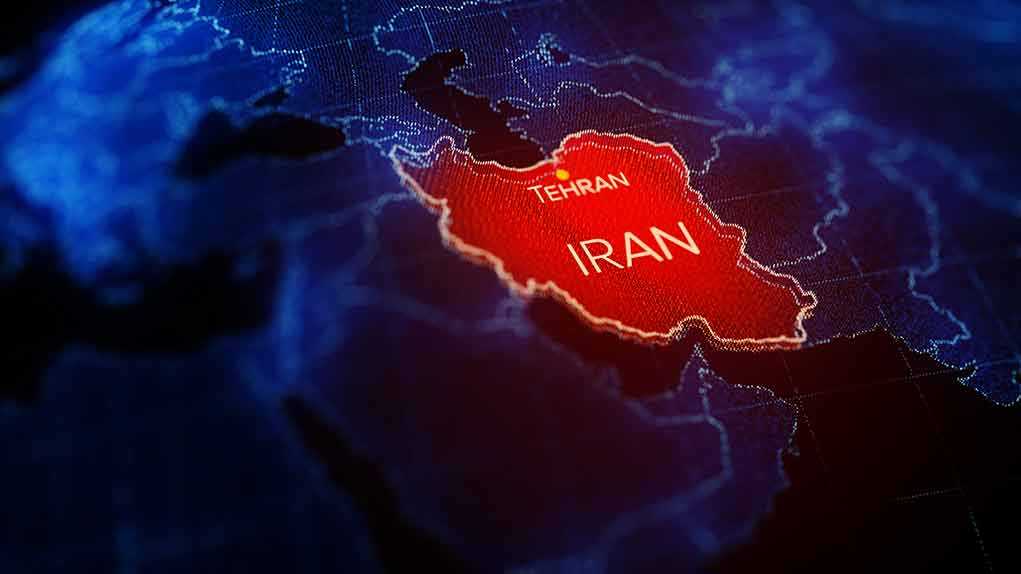
Iranian newspaper calls for execution of IAEA Director General Rafael Grossi as a “Mossad spy” while Tehran bars nuclear inspectors and surveillance cameras, threatening to resume uranium enrichment without international oversight.
Key Takeaways
- Iran has banned IAEA Director General Rafael Grossi from entering the country and removed surveillance cameras from its nuclear facilities after claiming sensitive data was shared with Israel.
- An ultra-conservative Iranian newspaper called for Grossi’s execution as an alleged Israeli spy, though Iran’s UN ambassador later claimed no threats exist against IAEA personnel.
- Secretary of State Marco Rubio condemned the execution calls as “unacceptable,” emphasizing support for the IAEA’s verification efforts in Iran.
- IAEA officials warn that without proper oversight, Iran could resume high-level uranium enrichment within months, potentially accelerating nuclear weapons development.
- The crisis comes amid escalating military tensions between Iran and Israel, with both sides launching attacks on each other’s territories.
Iran Bans Nuclear Watchdog Chief Amid Execution Threats
The International Atomic Energy Agency’s oversight of Iran’s nuclear program has collapsed after Tehran banned IAEA Director General Rafael Grossi and prohibited surveillance cameras at its nuclear facilities. The decision, announced by Iranian Parliament Vice Speaker Hamid Reza Haji Babaei, cited the alleged discovery of sensitive facility data in documents obtained from Israel. This dramatic escalation represents an unprecedented challenge to international nuclear supervision at a time when tensions between Iran and Israel have reached dangerous levels following recent military exchanges.
Iranian state-affiliated newspaper Kayhan made the shocking demand that Grossi should face severe consequences for his alleged espionage. “It must be officially announced that upon entering Iran, he will be tried and executed on charges of spying for Mossad and participating in the killing of the oppressed people of our country,” the paper stated. Despite these alarming statements, Iran’s Ambassador to the UN, Amir Saeid Iravan, attempted to downplay concerns, insisting, “No, there is any threat,” when questioned about Grossi’s safety.
International Condemnation and Nuclear Oversight Concerns
Secretary of State Marco Rubio swiftly condemned the threats against Grossi and the IAEA. “Calls in Iran for the arrest and execution of IAEA Director General Grossi are unacceptable and should be condemned,” Rubio wrote. “We support the IAEA’s critical verification and monitoring efforts in Iran and commend the Director General and the IAEA for their dedication and professionalism. We call on Iran to provide for the safety and security of IAEA personnel.”
“I commend Director General Rafael Grossi and his team for their unrelenting professionalism. Threats against them from within Iran are deeply troubling and must stop,” said German Foreign Minister Johann Wadephul.
Nuclear watchdog officials have expressed grave concerns that, without proper international oversight, Iran could rapidly advance its uranium enrichment program. The removal of surveillance cameras and barring of inspectors effectively creates a blind spot for the international community regarding Iran’s nuclear activities, potentially allowing Tehran to approach weapons-grade enrichment without detection. President Trump’s administration has maintained that preventing a nuclear-armed Iran remains a top national security priority.
Iran Claims IAEA Betrayal as Tensions Escalate
Iranian officials have justified their actions by claiming the IAEA has abandoned neutrality and aligned with Israel. “The IAEA’s failure to hold Israel accountable has irreparably damaged its credibility. They have surrendered the agency’s independence to geopolitical coercion,” stated Behrooz Kamalvandi, a spokesman for Iran’s atomic energy organization. Iran’s parliament recently approved suspending cooperation with the IAEA, citing what they describe as a betrayal of the agency’s charter and mandate.
The nuclear oversight crisis comes amid heightened military tensions between Iran and Israel. Open conflict between the two nations intensified on June 13 when Israel targeted Iranian military and nuclear sites. Iran subsequently retaliated with missile and drone attacks on Israel, causing casualties and damage, and also struck a US base in Qatar. These escalations have raised international concerns about a wider regional conflict developing, with Iran’s nuclear capabilities at the center of these worries.
Grossi himself has highlighted the critical importance of maintaining nuclear oversight in Iran. Without proper inspections, Iran could potentially produce highly enriched uranium suitable for weapons development without international knowledge or intervention. This would represent a significant threat to regional stability and international security at a time when the Middle East is already experiencing unprecedented levels of conflict.




